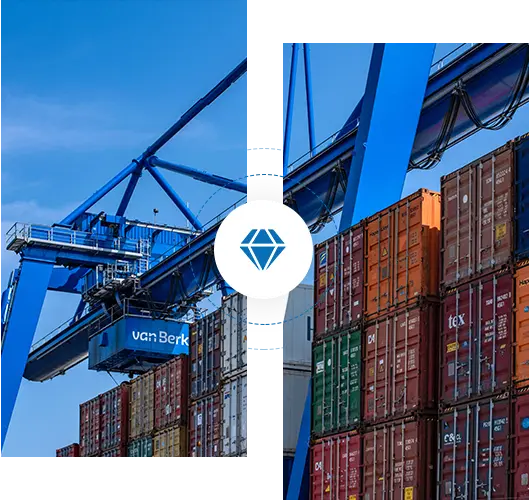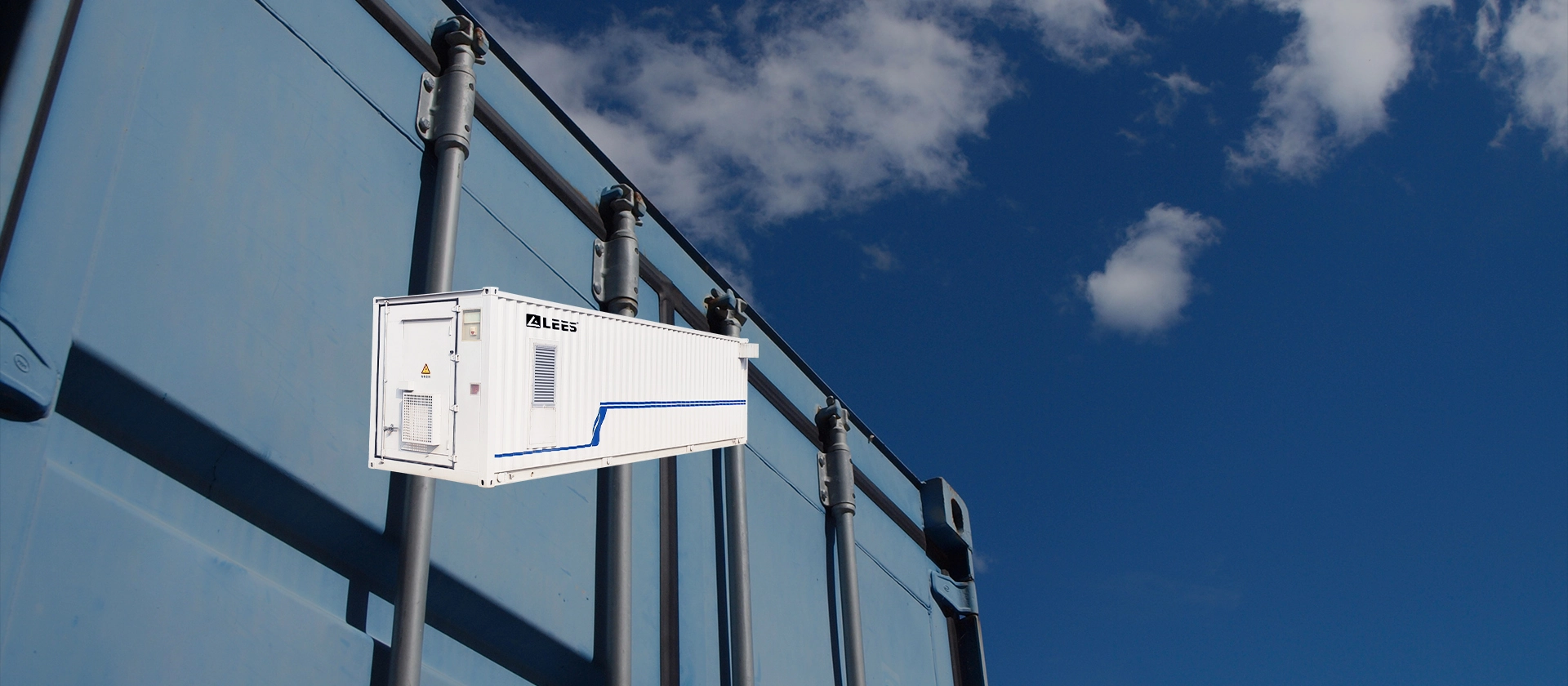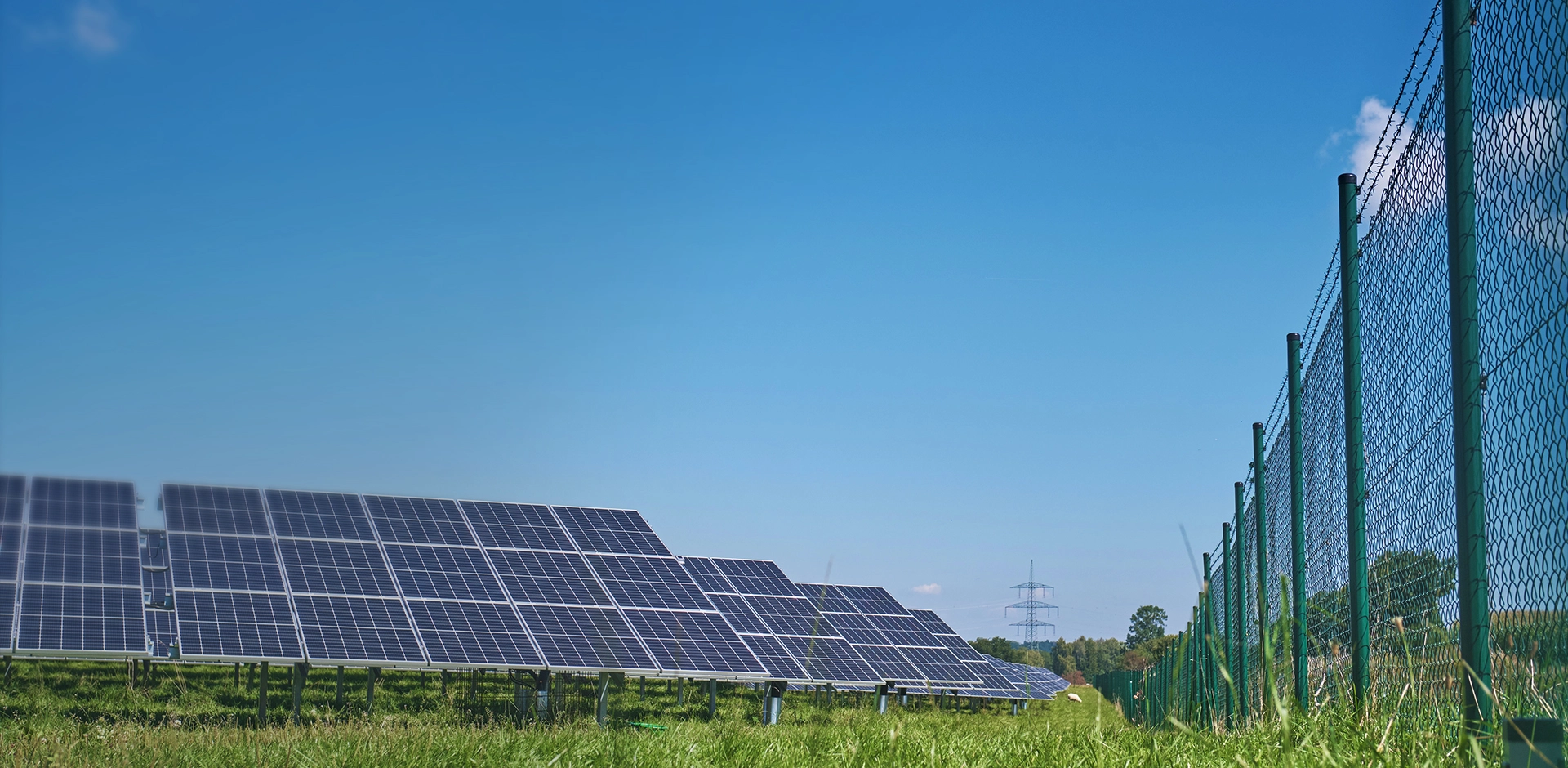Reduced Carbon Footprint: LEES containerized energy storage helps reduce the carbon footprint by enabling the use of renewable energy sources and reducing reliance on fossil fuels, which can mitigate climate change.
Resource Conservation: LEES containerized energy storage operates more efficiently than traditional power plants, conserving natural resources, reducing emissions, and minimizing waste.
Sustainable Management Practices: LEES containerized energy storage is designed with sustainability in mind, including energy efficiency, recyclability, and proper disposal of battery systems, contributing to a more sustainable future for all.


LEES containerized energy storage is highly scalable, as additional containers can be added to the system as needed. This allows for future growth with minimal effort and cost. Additionally, these solutions can be rapidly deployed in remote locations, as the containers can be transported via truck or train.
LEES containerized energy storage is extremely flexible, as it can be used for a variety of applications. This includes applications such as frequency regulation, peak shaving, solar energy storage, and demand response. Additionally, the modular nature of these solutions allows for the mix and match of different batteries and inverters, providing greater flexibility in energy storage.
LEES containerized energy storage is built to meet rigorous safety standards. This includes features such as fire suppression systems, insulated walls, and surge protection. Additionally, the modular design of these solutions allows for easy maintenance, resulting in fewer safety hazards.
LEES containerized energy storage is designed to be highly reliable, with low maintenance requirements. This includes features such as advanced monitoring systems to identify system issues before they become serious. Additionally, the modular design of these solutions allows for the replacement of individual components, resulting in improved uptime and greater reliability.

